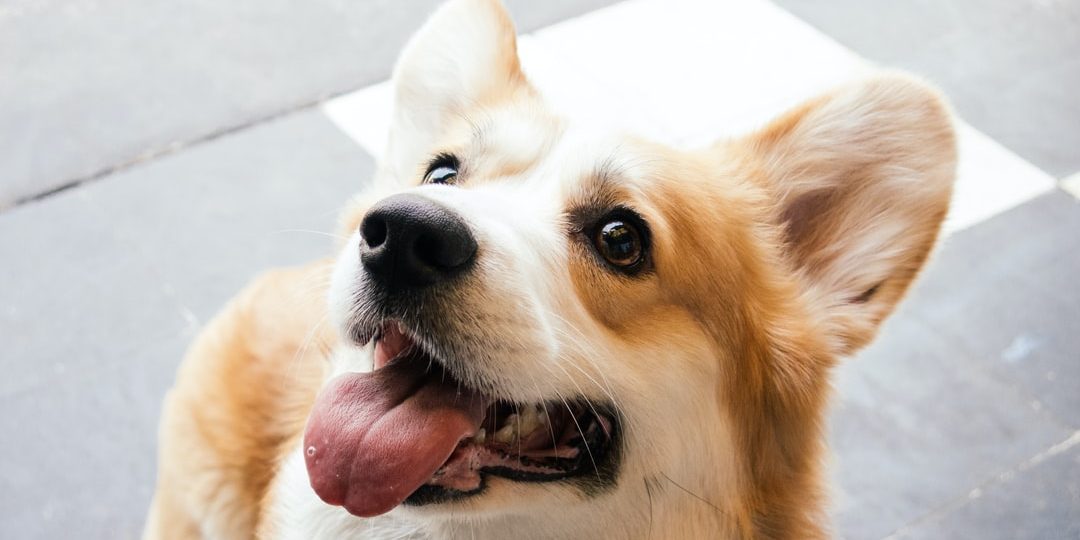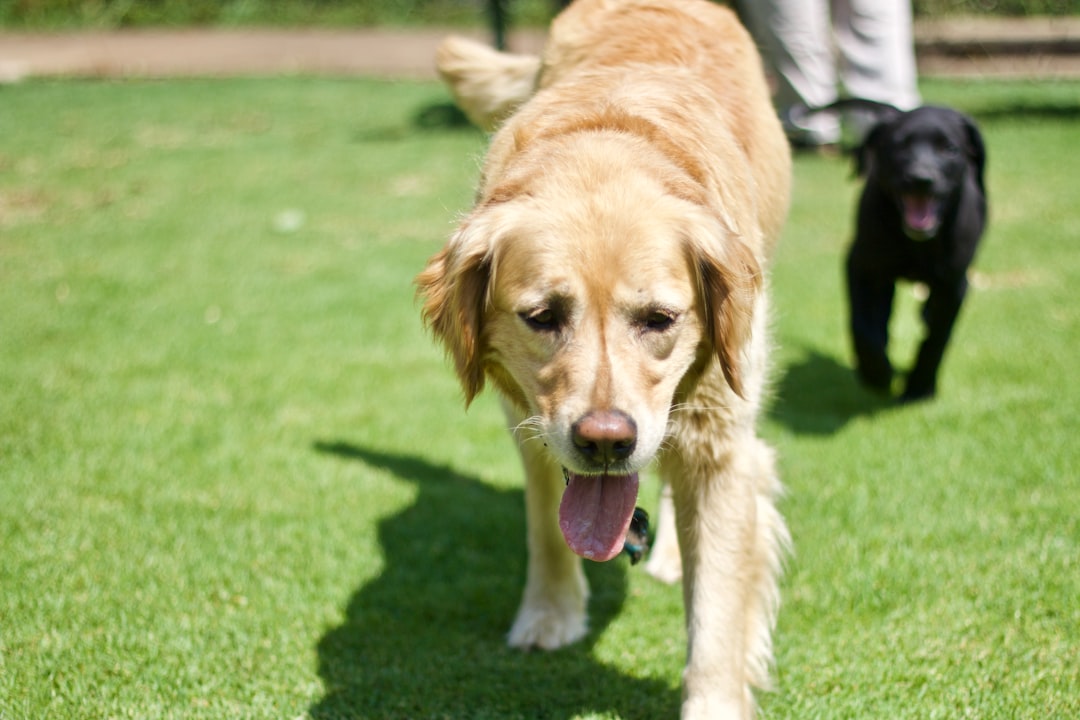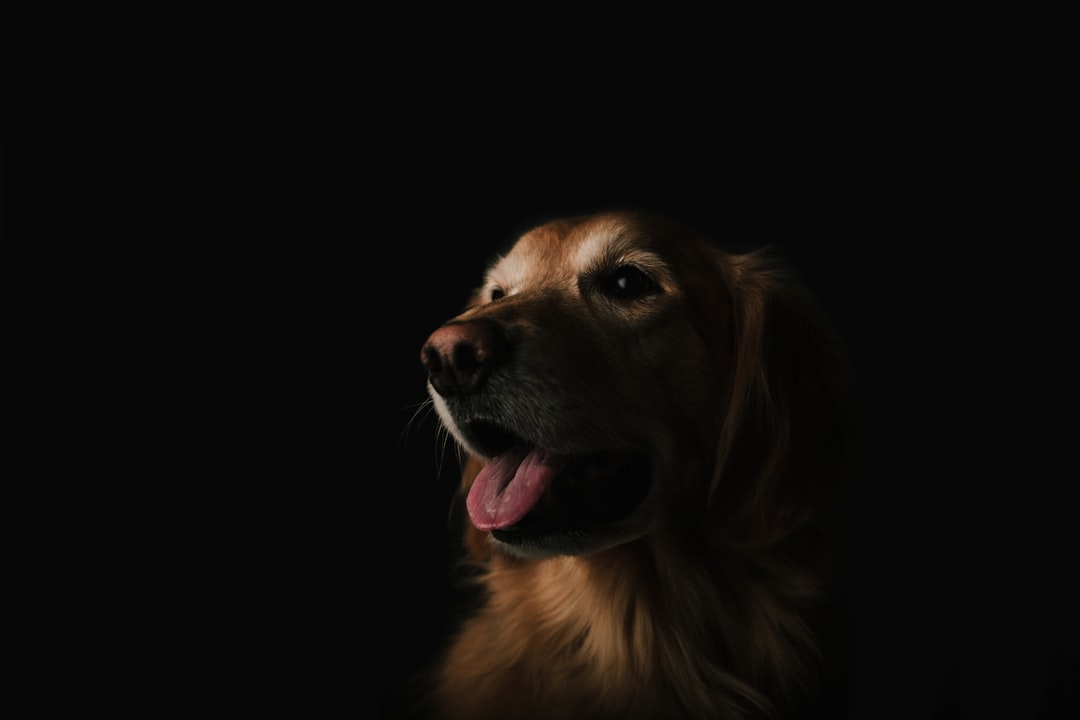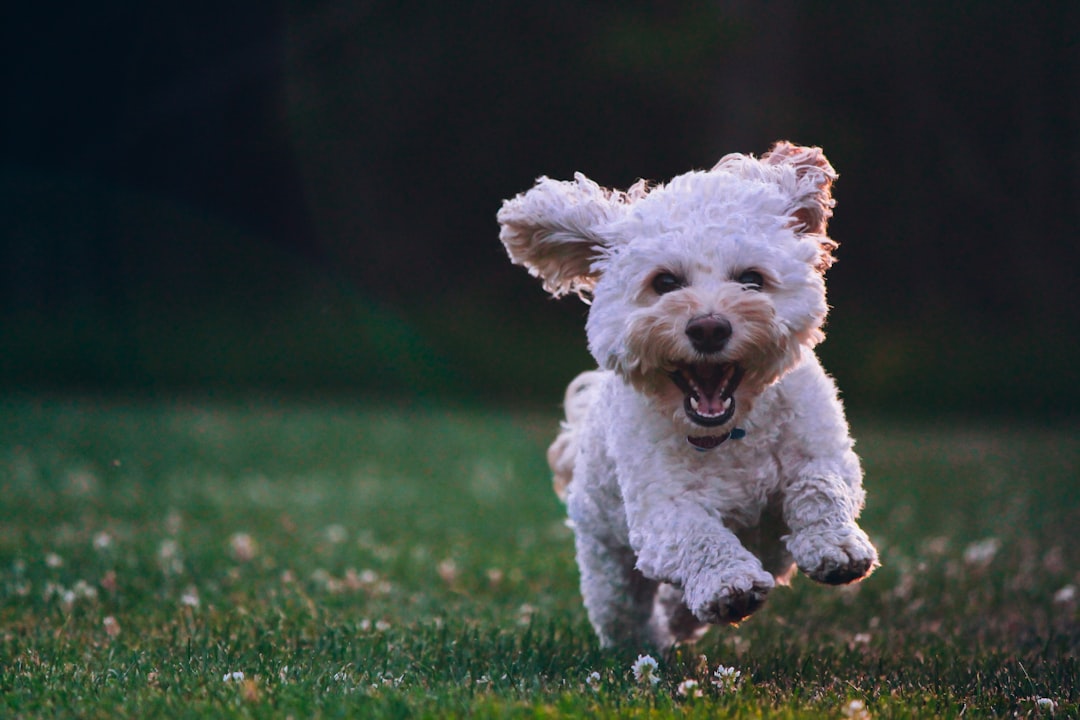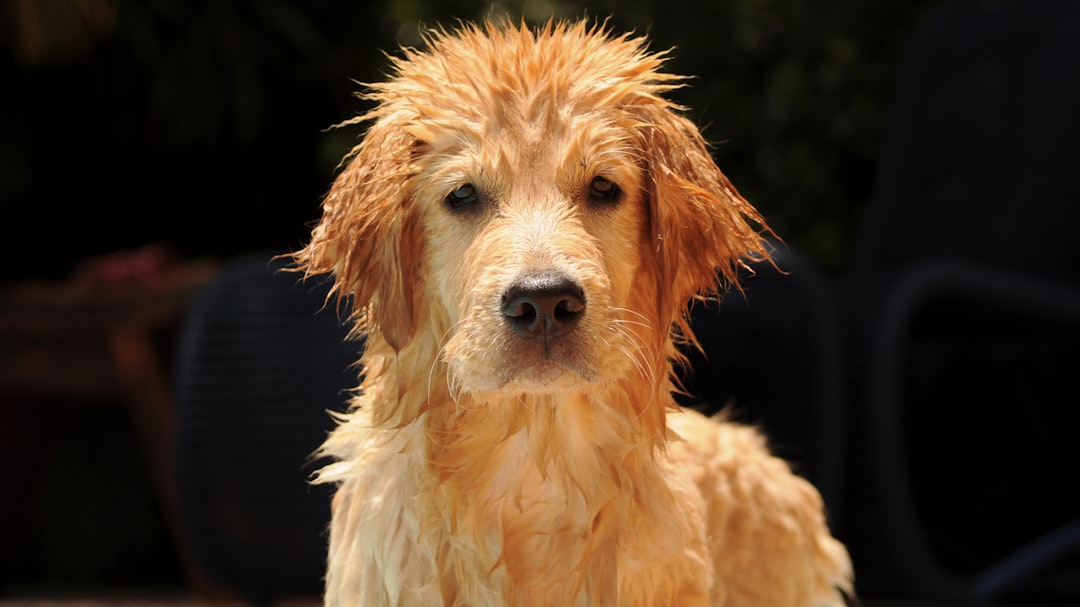Dogs pant for a variety of reasons, some of which are quite surprising. In this blog, we will explore four of the most common reasons why dogs pant.
Dogs often pant in response to a variety of stimuli. Some of the most common reasons for dog panting include:
- Anxiety
- Fear
- Heat stroke
- Physical activity
Some dogs pant more due to their breed. For example dogs such as English bulldogs and pugs are brachycephalic dogs, which have a shortened head and snout. Brachycephalic dogs can find it more difficult to breath, particularly in warmer weather so they are more likely to pant more than other longer snouted dog breeds.
What is the science behind panting?
Panting is characterised by open-mouthed breathing, usually at a rapid rate. Often dogs have their tongue hanging out of their mouth a bit as they pant and breath quickly. Panting is a common behavior in dogs and other animals.
Panting is a mechanism to cool down the body. It occurs when the body’s temperature rises faster than the rate at which it can dissipate heat through the surface skin. The increased heart rate and blood flow help to remove heat from the body.
Dogs pant for different reasons, such as to cool down after playing in the sun, when they are hot after running, or when they are scared or anxious. Panting may also be a sign of aggression in some cases.
Reason 1 Why Dogs Pant: To Cool Off
One reason that dogs pant is to cool off. When a dog is hot, it tries to cool itself down by panting.
Many dogs get heat stroke during hot weather conditions; this occurs when their bodies cannot regulate their temperature properly due to elevated levels of energy expenditure (i.e., sweating). When this happens, your dog may start to sweat excessively, become lethargic and develop seizures (due to the high body temperatures), and eventually pant as an attempt to cool down.
Have a read of our other blog on keeping your dog cool during the hot summer months.
Reason 2 Why Dogs Pant: During anxiety attacks
Dogs pant in order to give the appearance of being cool and collected. During an anxiety attack, panting can help to decrease body temperature, which can help calm the dog down. Additionally, panting helps dogs release scent molecules to indicate their location to other animals or people.
Excessive anxiety can cause dogs to pant heavily, and this is often a sign of stress. If your dog is constantly panting and has difficulty relaxing, you may want to consider consulting with a veterinary professional about possible solutions.
Reason 3 Why Dogs Pant: After exercising
Dogs pant to cool themselves down. After a vigorous workout, their body temperature rises and they need to cool down to avoid getting sick. Panting is the fastest way for a dog to cool itself off.
Reason 4 Why Dogs Pant: When they are wet
When a dog is hot and humid, it will sweat and have wet fur. When the dog is panting, it is releasing conditioned air (a mix of gases that the dog has breathed in and out) at a higher rate than its body temperature allows. This high rate of release cools the dog’s body by drawing heat away from it.
Conclusion
Dogs pant for a variety of reasons, some of which are quite surprising. In this blog, we have explored four of the most common reasons dogs pant.

